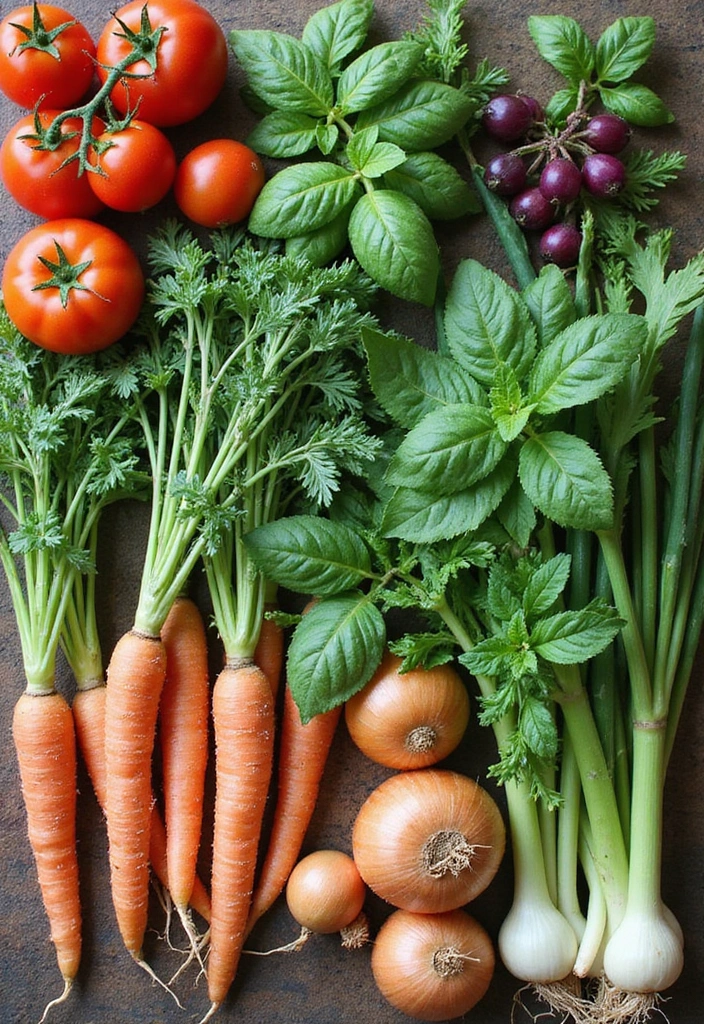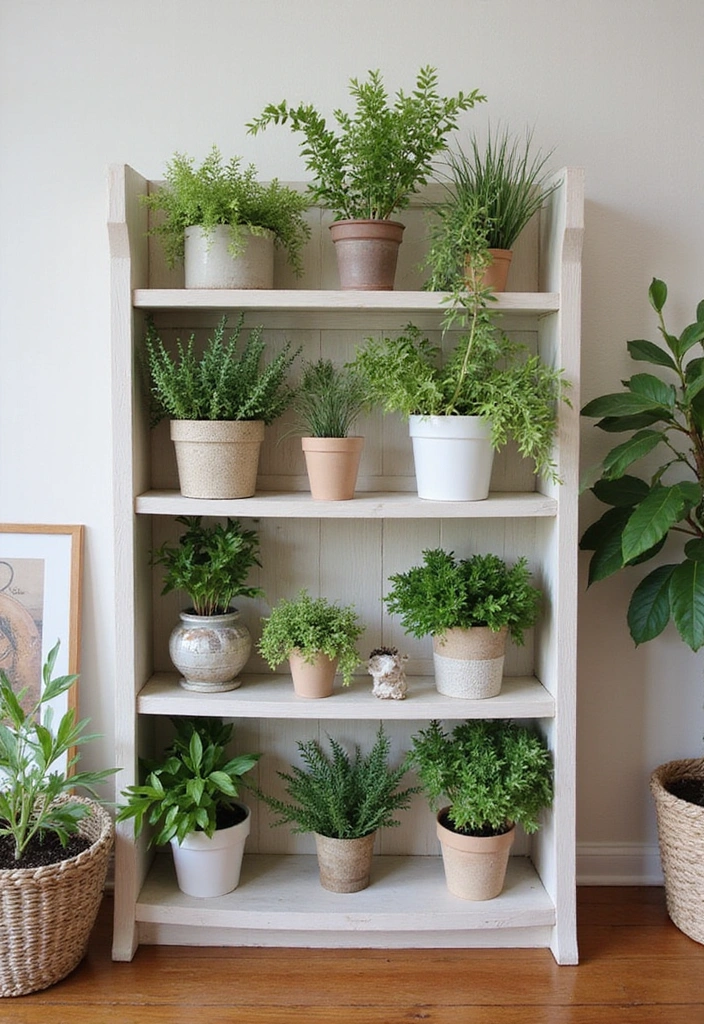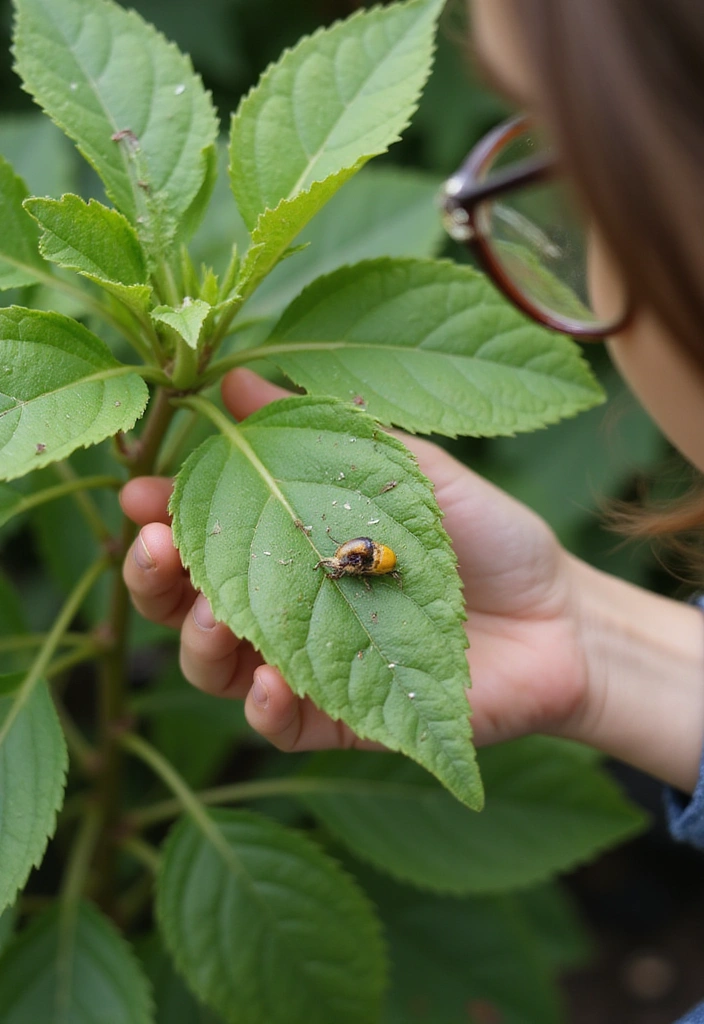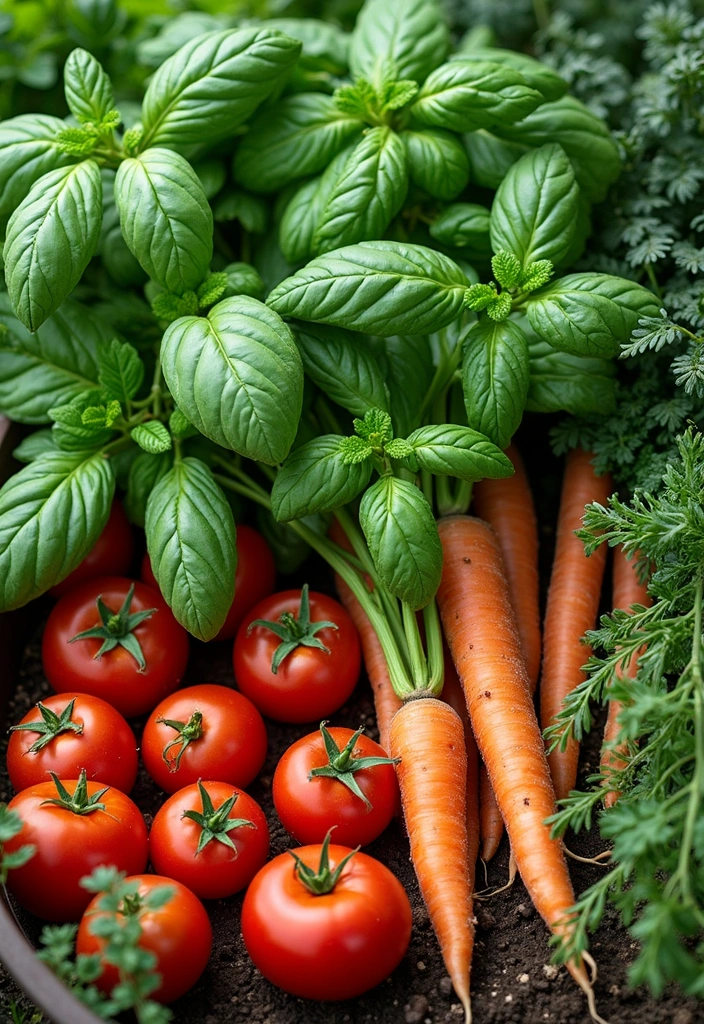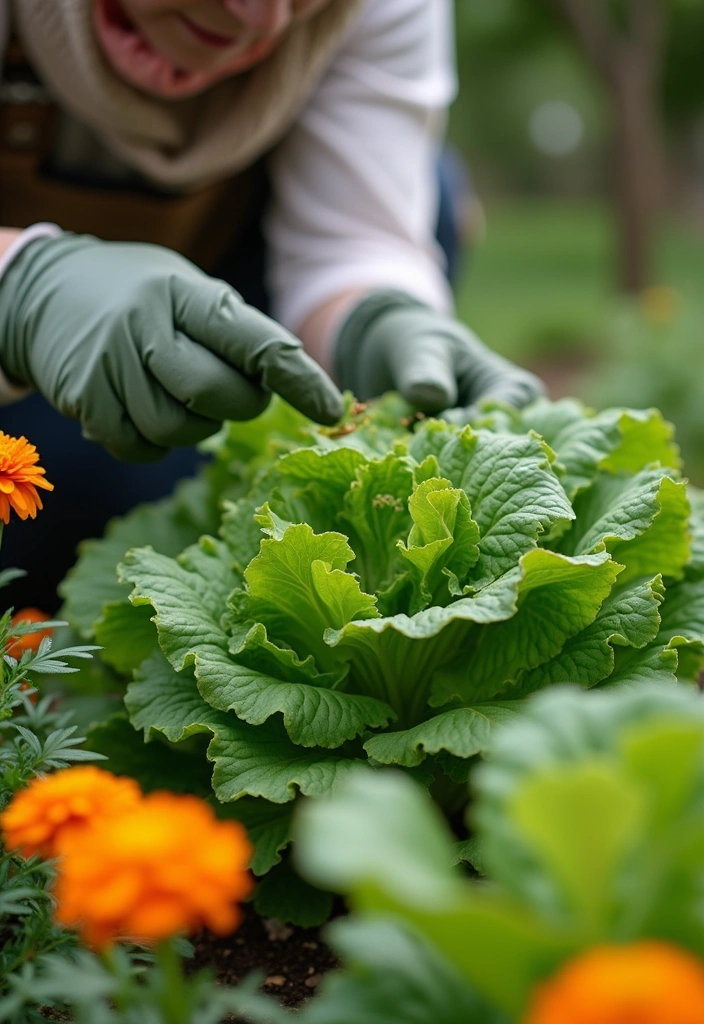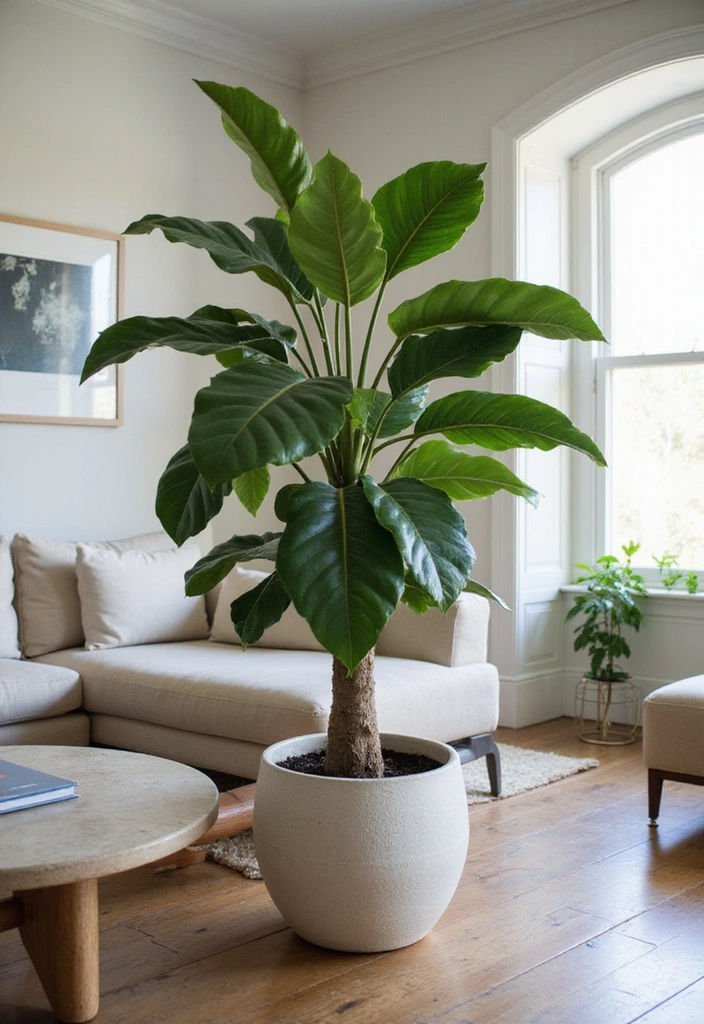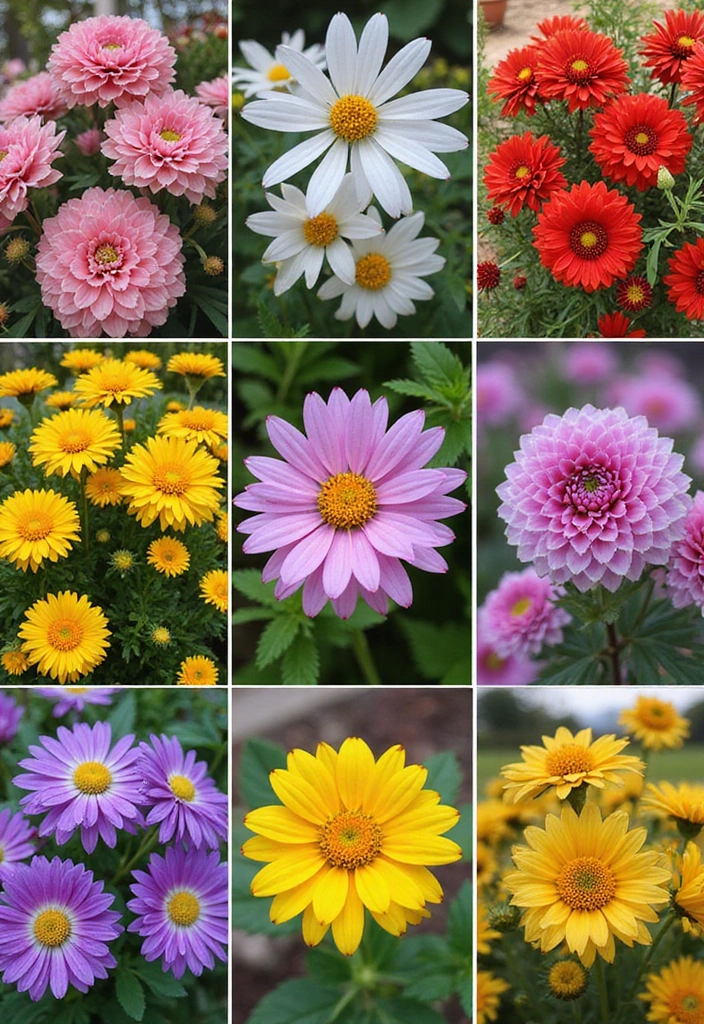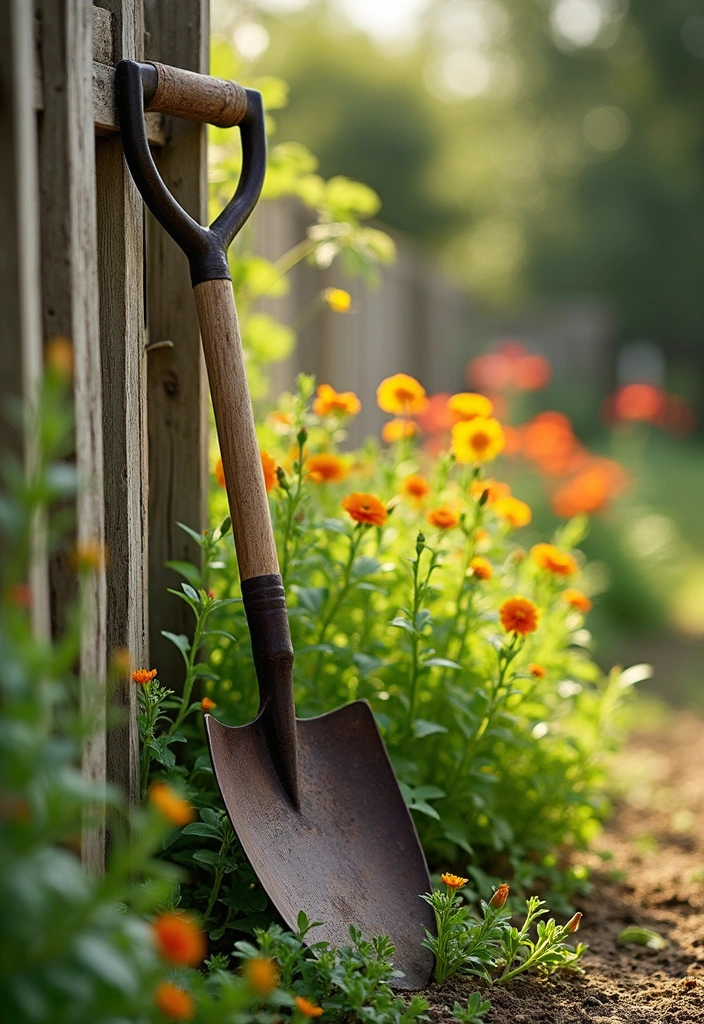Cultivate a thriving, chemical-free garden! Discover 13 essential organic gardening tips that will lead to healthier plants and a happier you. Grow sustainably, live better!
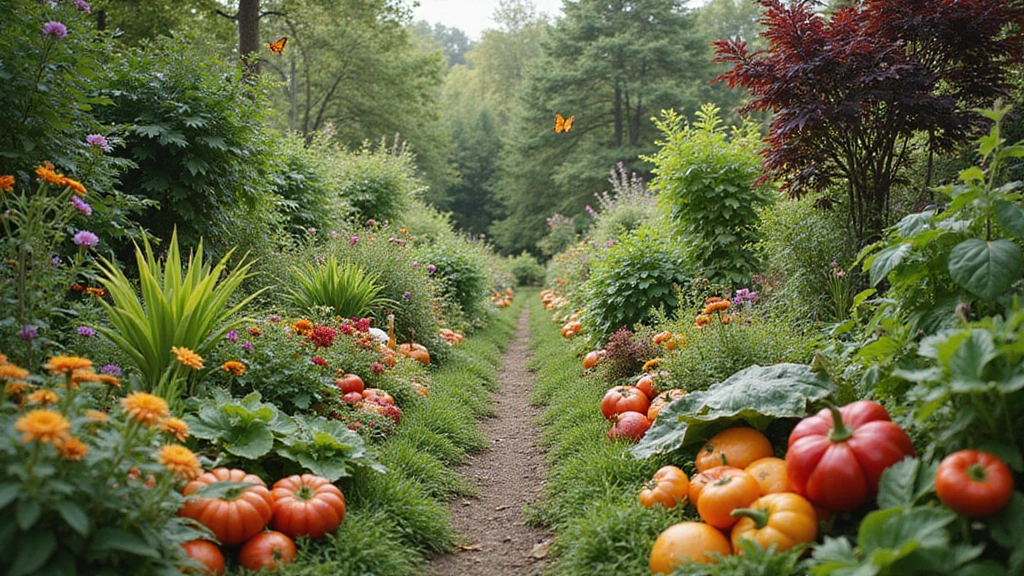
Gardening is more than just a hobby; it’s a journey of nurturing nature and reaping the bounties of your hard work. When you embrace organic gardening, you’re not just cultivating vibrant plants but also fostering a healthier environment for yourself and your family.
From the joy of growing your own pesticide-free veggies to the satisfaction of supporting biodiversity, organic gardening enriches your life in every way. Let’s dig into these 13 impactful tips that will help you grow healthier plants while making sure you feel happier and more connected to the world around you.
1. Build Healthy Soil
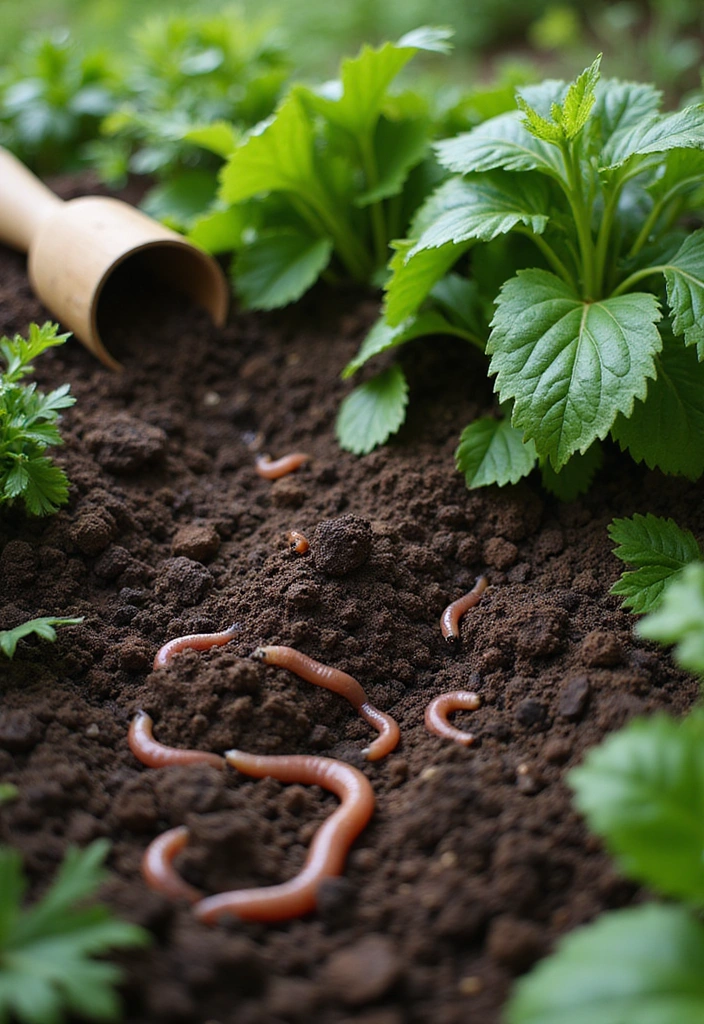
Healthy soil is the foundation of any thriving garden. To create nutrient-rich soil, start by adding organic matter like compost or well-rotted manure. These natural amendments improve soil structure, drainage, and provide essential nutrients for your plants. Additionally, consider doing a soil test to check pH and nutrient levels, enabling you to tailor your amendments effectively.
Here are some tips for building better soil:
– Apply organic mulch to retain moisture and suppress weeds.
– Rotate your crops annually to prevent nutrient depletion.
– Incorporate cover crops in the off-season for added nutrients and erosion control.
With rich soil, your plants will grow strong and healthy, making your gardening experience even more rewarding.
2. Choose Native Plants
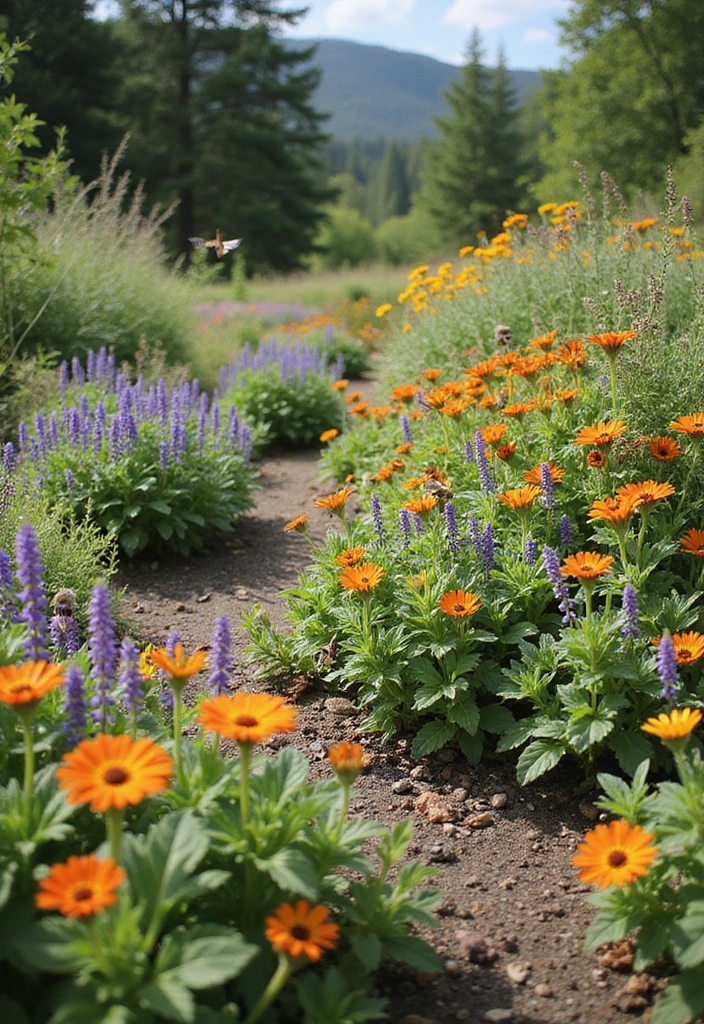
Opting for native plants is a fantastic step toward a sustainable garden. These plants are adapted to your local climate and soil, requiring less water and maintenance. Plus, they attract local wildlife, like bees and butterflies, enhancing biodiversity in your garden.
Consider these benefits:
– Native plants are naturally pest-resistant, reducing the need for pesticides.
– They require less water, making them eco-friendly and cost-effective.
– You’ll enjoy a more vibrant garden that supports your local ecosystem.
By choosing native species, you create a harmonious garden that flourishes without the extra effort.
3. Use Companion Planting
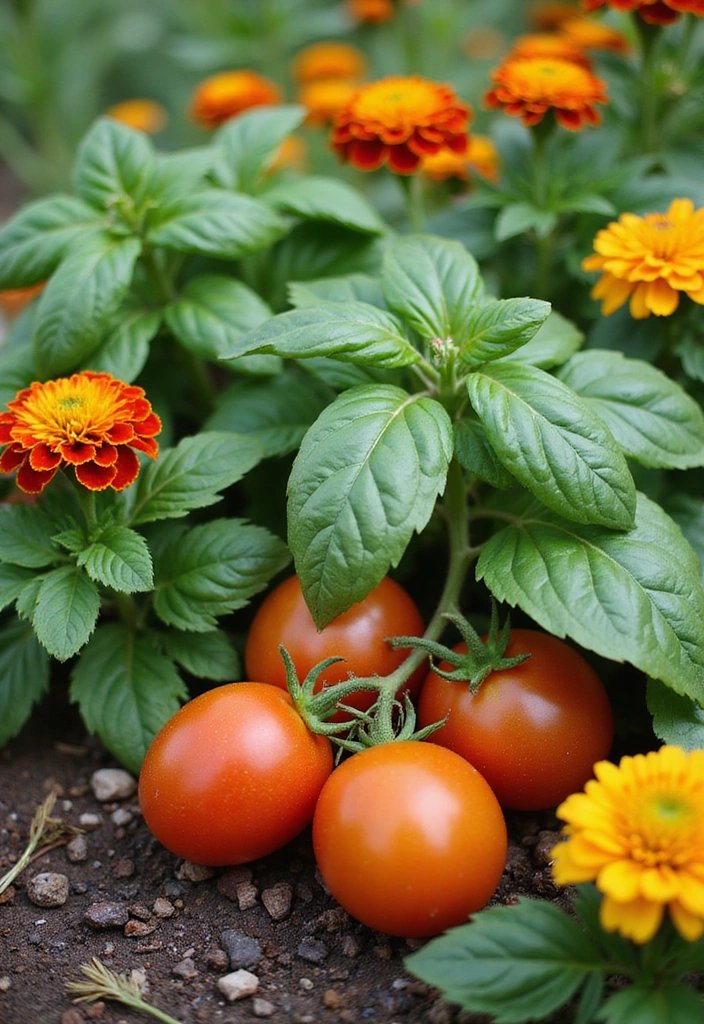
Companion planting is a time-honored technique where certain plants are grown together to enhance growth and deter pests. For example, planting basil with tomatoes can improve flavor while repelling harmful insects. This method not only maximizes space but also promotes a healthier garden ecosystem.
Here are a few great pairings:
– Marigolds with vegetables to deter nematodes.
– Beans with corn for improved nitrogen levels.
– Carrots with onions to confuse pests.
Incorporating companion planting into your garden isn’t just smart; it adds a touch of fun as you experiment with different plant pairings!
4. Practice Crop Rotation
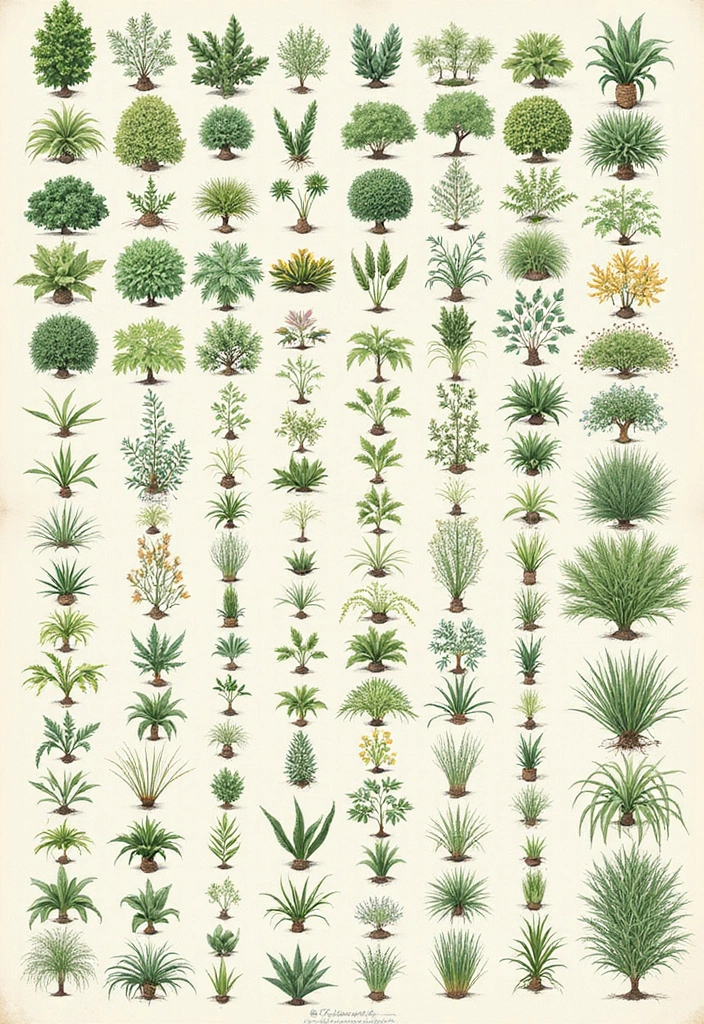
Crop rotation is an essential practice for maintaining soil health and minimizing pest and disease buildup. By rotating different plant families each season, you ensure that your soil doesn’t get depleted of specific nutrients. This also helps disrupt pest cycles, ultimately leading to a more resilient garden.
Here’s how to get started:
– Plan your garden layout for the season ahead.
– Keep a journal of what you plant and where.
– Use a three or four-year rotation cycle for best results.
Not only will your soil thank you, but your plants will thrive with this preventive strategy!
5. Create a Compost Bin
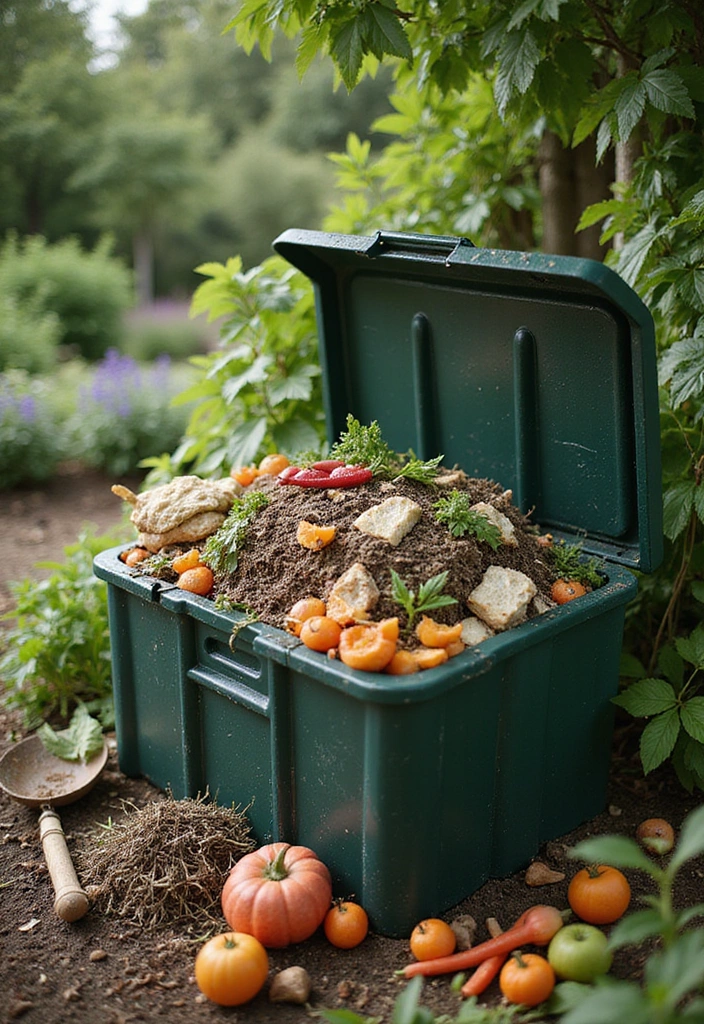
Composting is one of the simplest and most beneficial practices for any organic gardener. By recycling kitchen scraps and yard waste, you provide your plants with nutrient-rich compost that improves soil structure and health. Plus, you’ll reduce household waste and contribute to a greener planet.
Start your composting journey with these tips:
– Include greens like vegetable peels and browns like dried leaves for balance.
– Turn your compost regularly to aerate and speed up decomposition.
– Keep it moist, but not soggy, for optimal breakdown.
With a compost bin in your garden, you’ll have a sustainable source of fertilizer right at your fingertips!
6. Use Natural Pest Control
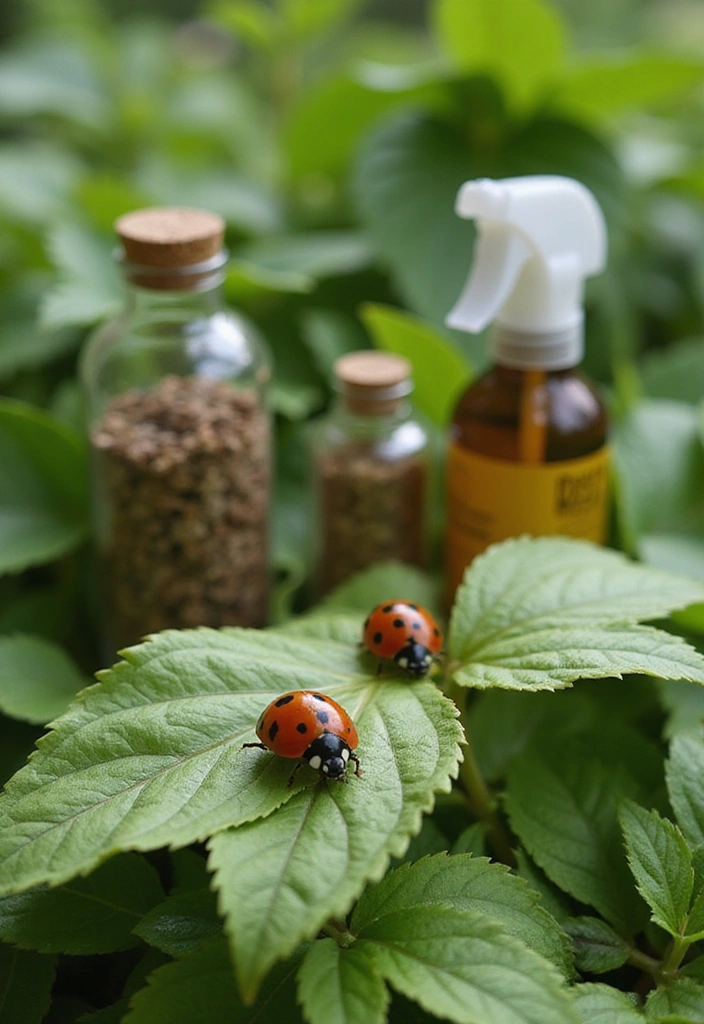
Embracing organic gardening means finding ways to deal with pests without harmful chemicals. There are plenty of natural pest control methods that can keep your plants safe and healthy. From beneficial insects to homemade sprays, you have many options.
Try these methods:
– Introduce ladybugs and lacewings to your garden to eat aphids.
– Use neem oil or insecticidal soap as a natural spray.
– Plant garlic or pepper sprays to deter unwanted critters.
By using natural pest control, you can keep your plants thriving and your environment clean!
7. Harvest Rainwater
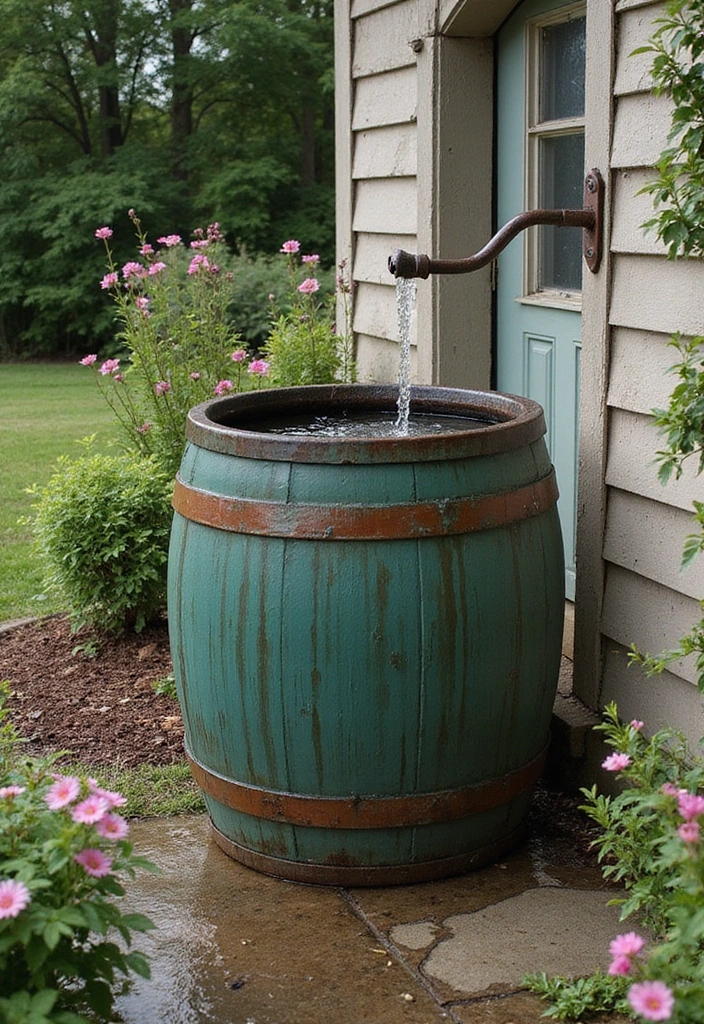
Collecting rainwater is a sustainable practice that conserves water and reduces your gardening costs. By installing a simple rain barrel system, you can capture runoff from your roof and use it to water your plants.
Here are some steps to get started:
– Choose a barrel that fits your space and needs.
– Position it beneath a downspout for optimal collection.
– Use a spigot or watering can to access the water easily.
Harvesting rainwater not only benefits your garden but also promotes responsible water use in your household.
8. Embrace Biodiversity
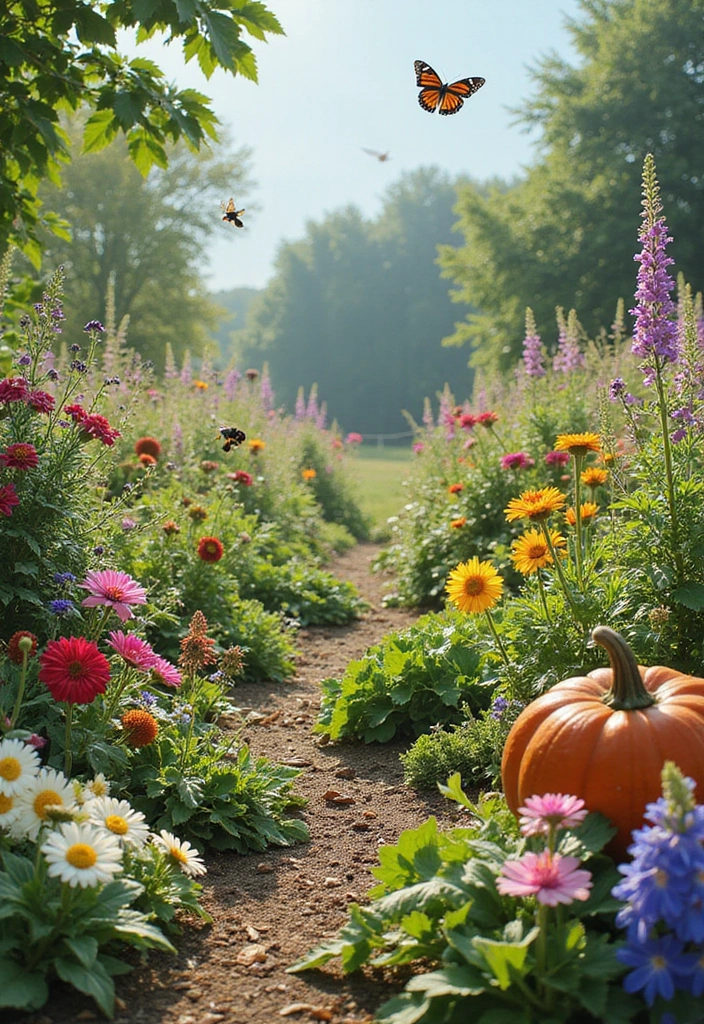
Biodiversity isn’t just good for the planet; it’s essential for healthy gardens. By planting a variety of species, you create a more resilient ecosystem that can withstand pests and diseases. This diversity also attracts a wider range of beneficial insects that help pollinate your plants.
To promote biodiversity:
– Mix flowers, herbs, and vegetables in your garden.
– Establish plant guilds, where plants support each other’s growth.
– Avoid monocultures, as they can lead to pest outbreaks.
A biodiverse garden is not only visually stunning but also a thriving habitat for wildlife.
9. Mulch for Moisture Retention
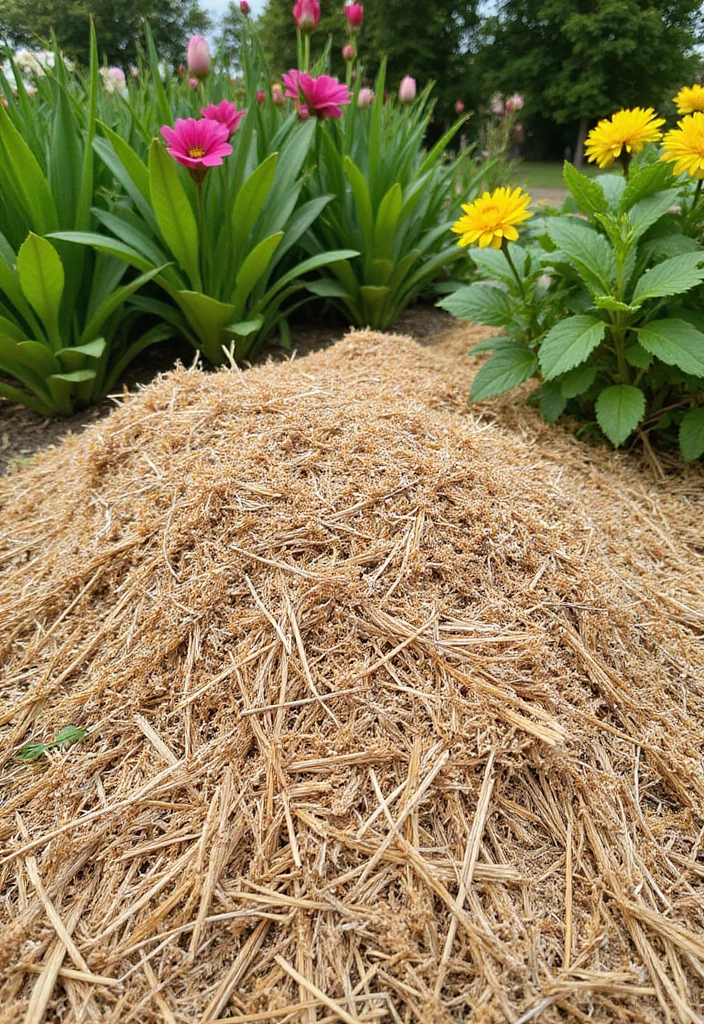
Adding mulch to your garden beds is a game-changer. It retains soil moisture, suppresses weeds, and adds organic matter as it breaks down. Whether you use straw, wood chips, or shredded leaves, mulch provides a multitude of benefits for your plants.
Here are some reasons to mulch:
– It keeps soil temperature consistent.
– It reduces the need for frequent watering.
– It enhances the visual appeal of your garden.
With a layer of mulch, your plants will not only look good but also thrive in a healthier environment.
10. Observe and Learn
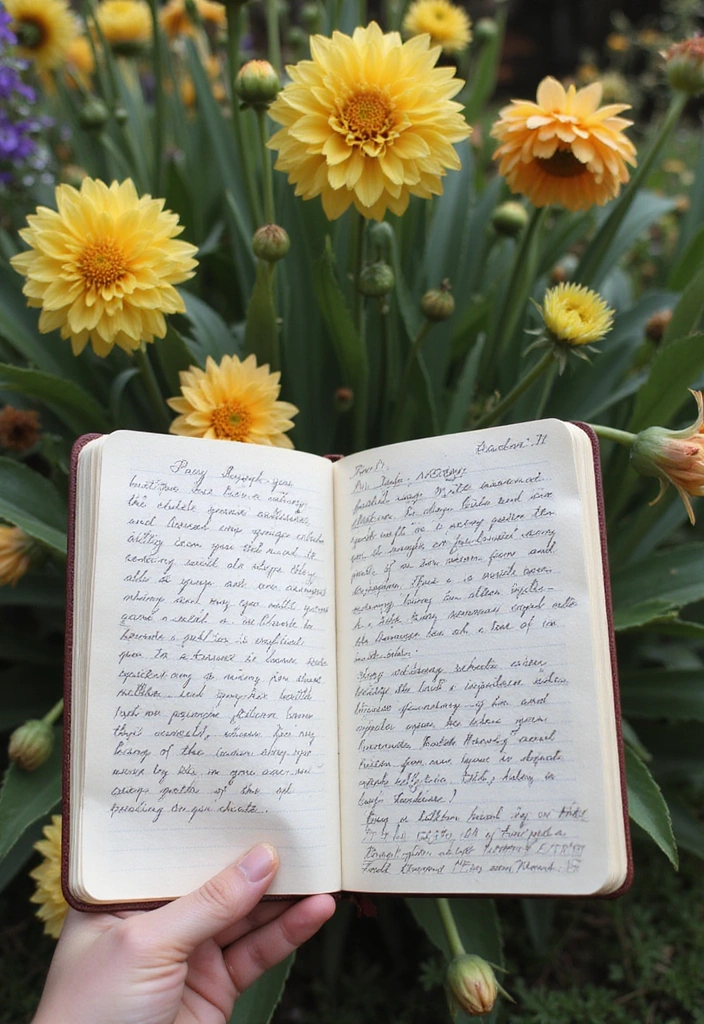
One of the best tips for organic gardening is to simply observe your plants and their surroundings. Taking the time to watch how your garden evolves allows you to understand what works and what doesn’t. You’ll notice patterns in growth, pest invasions, and soil quality.
To get the most from your observations:
– Keep a garden journal to track changes and results.
– Note which plants thrive and which struggle.
– Take pictures to document your garden’s progress.
By being attentive to your garden, you can make informed choices that lead to greater success.
11. Incorporate Edible Flowers
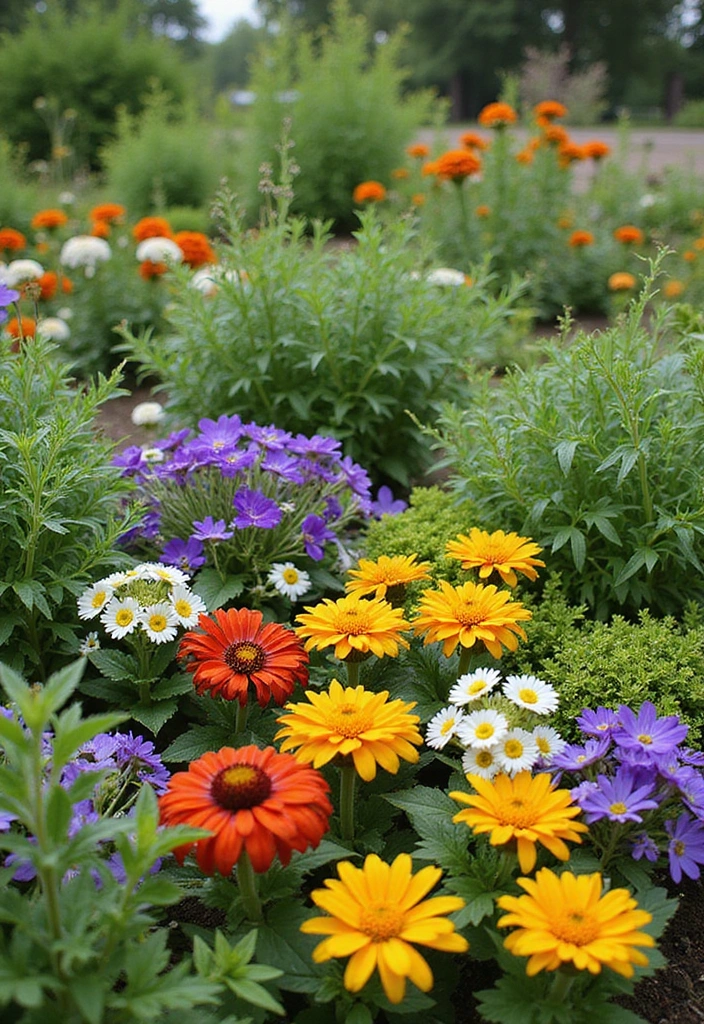
Edible flowers are a delightful addition to any organic garden. Not only do they add beauty, but they can also be used in salads, teas, and desserts. Flowers like nasturtiums, calendula, and violets not only look good but also attract beneficial insects.
Why should you grow edible flowers?
– They provide visual interest and color.
– They can enhance flavors in your dishes.
– You offer additional food sources for pollinators.
Creating an edible flower section in your garden can be a fun experiment that enhances your culinary creations!
12. Connect with Fellow Gardeners
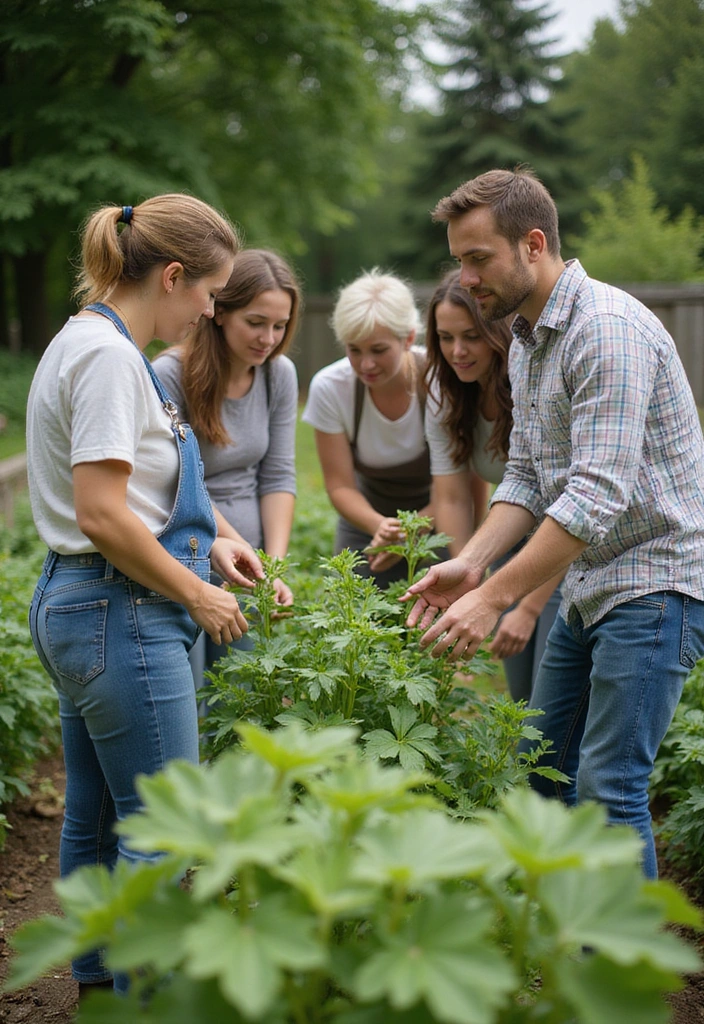
Gardening is more enjoyable when you share experiences and tips with others. Joining a local gardening club or participating in online forums can offer a wealth of knowledge and inspiration. You’ll find people who share your passion for organic gardening and can provide insights that might just transform your garden.
Consider these ways to connect:
– Attend local gardening workshops for hands-on learning.
– Exchange seeds and plant cuttings with fellow gardeners.
– Share your gardening journey on social media.
Creating a community around gardening fosters friendships and enriches your gardening experience.
13. Practice Mindful Gardening
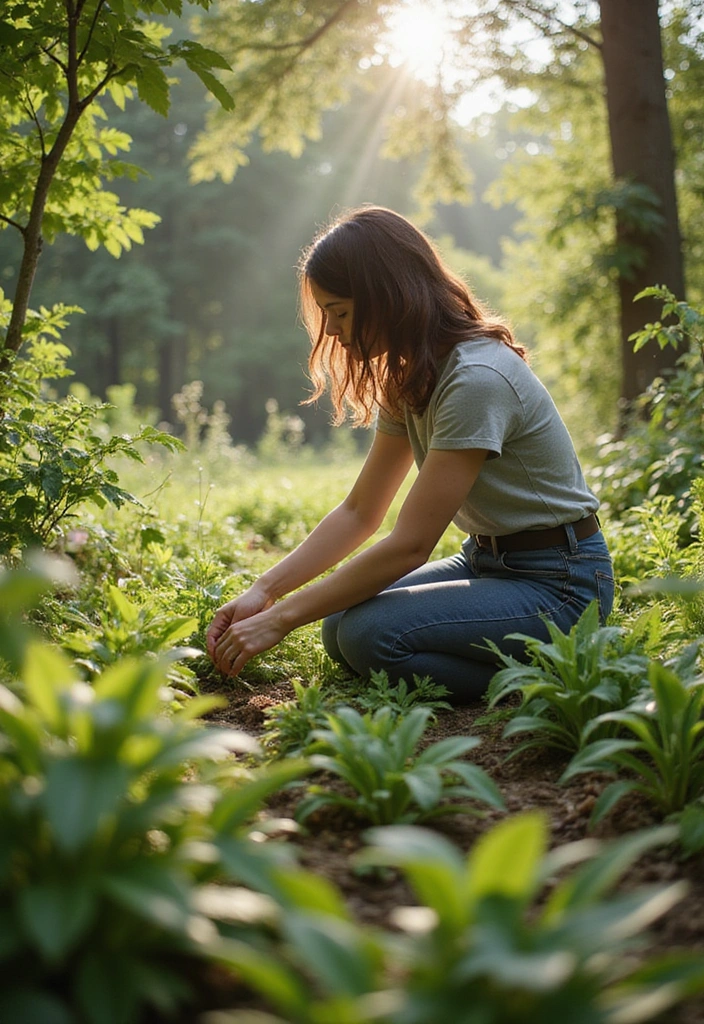
Gardening can be a mindful practice that fosters creativity and relaxation. Take time to slow down, appreciate the process, and connect with nature. This not only helps reduce stress but also enhances your overall gardening success.
Here are some ways to practice mindfulness in your garden:
– Spend a few minutes each day simply observing your plants.
– Engage your senses by feeling the soil, smelling the flowers, and listening to the sounds of nature.
– Reflect on your gardening experiences and what they mean to you.
Mindful gardening can lead to a deeper appreciation of your plants and a more fulfilling gardening journey.
Finally
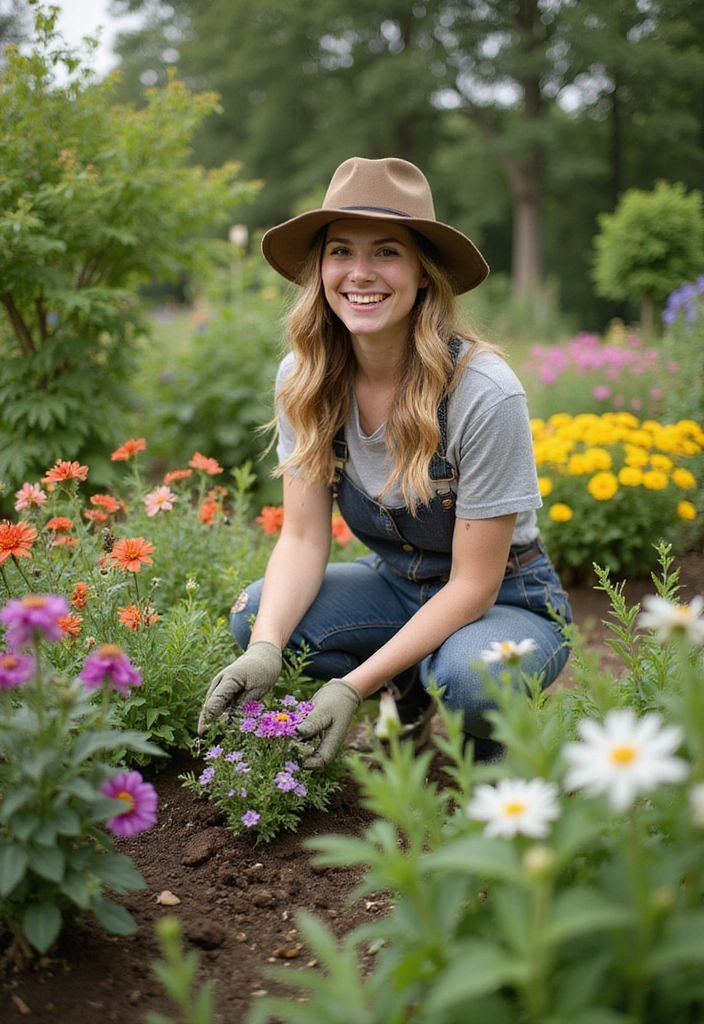
Organic gardening is a rewarding journey that not only benefits your garden but also enriches your life. By implementing these tips, you’ll cultivate healthier plants and find joy in the process. Remember, every small step you take in caring for your garden can lead to significant positive changes for you and the environment.
So grab your gardening gloves, and let’s create something beautiful together!
